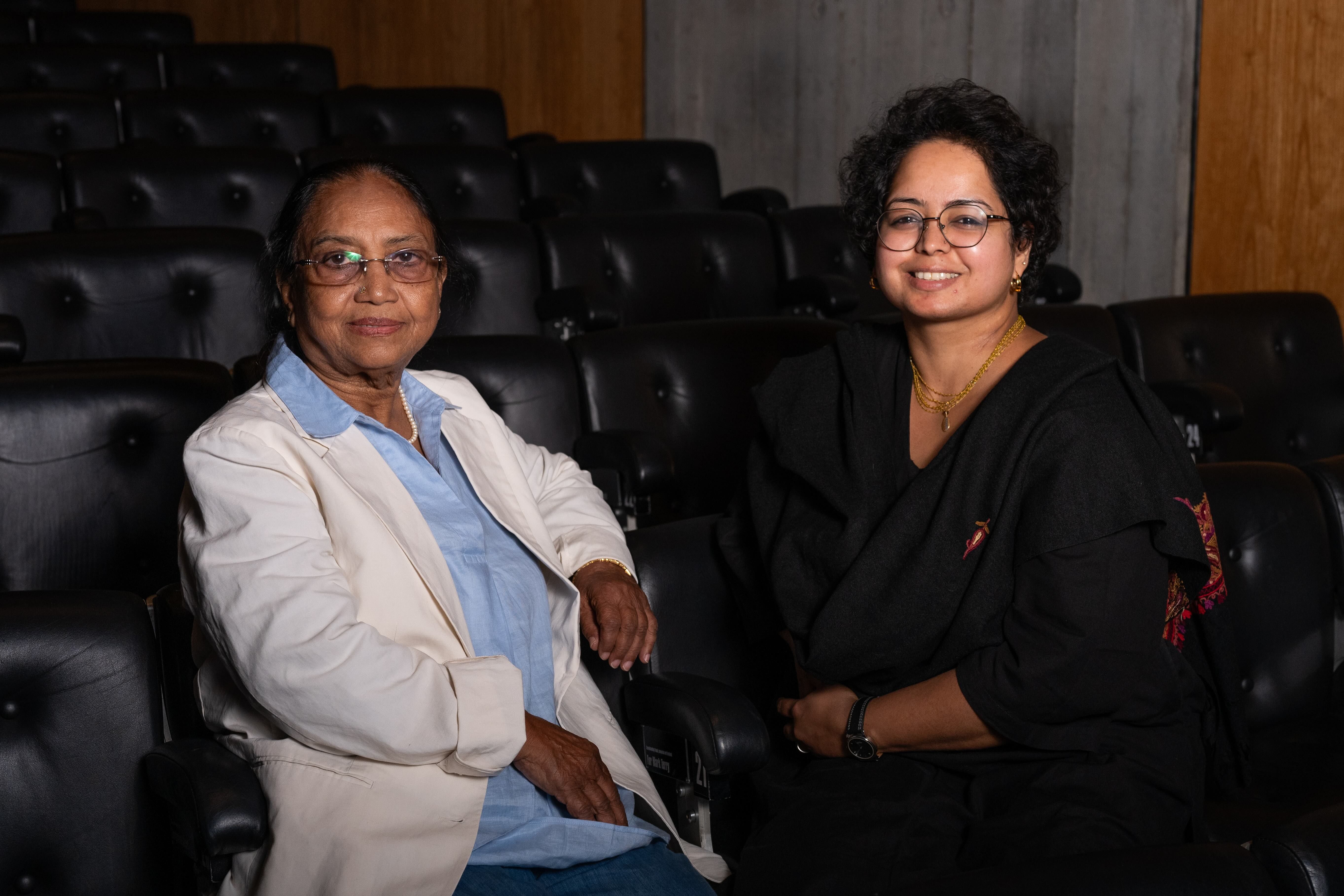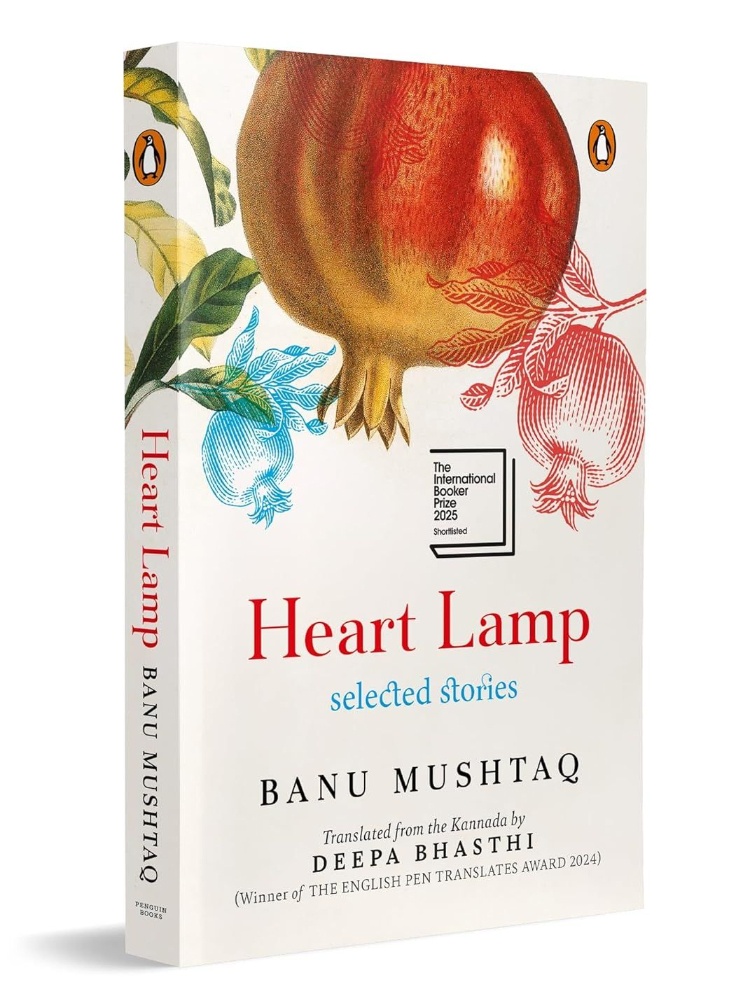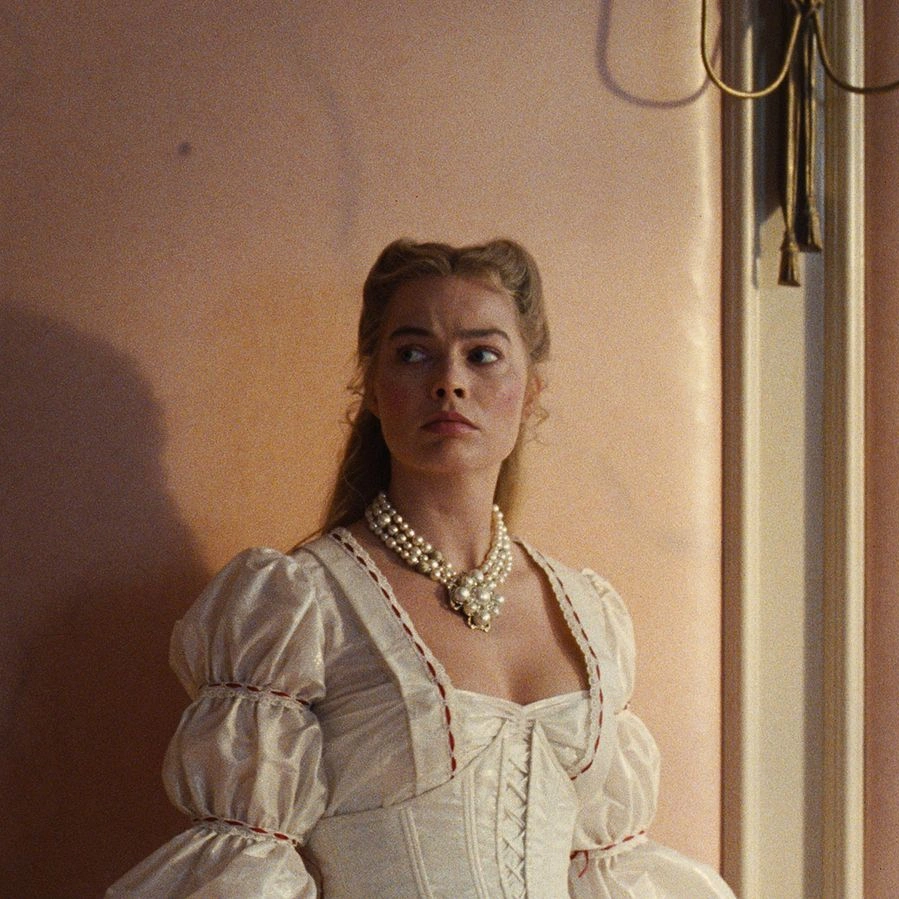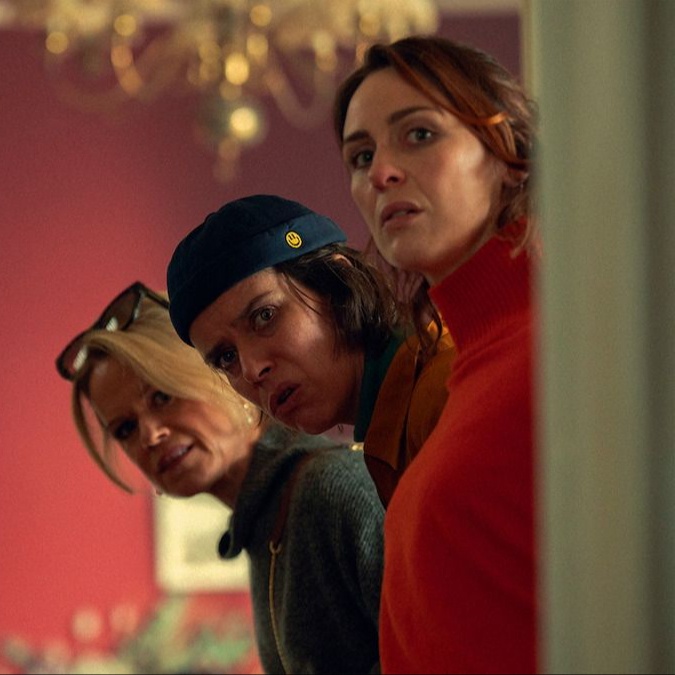Right in the beginning of ‘Red Lungi’, the fifth story in Banu Mushtaq’s short-story anthology Heart Lamp, I stopped. In the story, Razia is unhappy about having to deal with a house full of children over the summer vacation. They’re in the front yard, on the guava tree… everywhere. Razia observes: “They came, one after the other, complaining, complaining, and between complaints it was screaming and crying. And then the kind of games they played… abbabbaa… sword fighting, machine gun, bomb attacks.” A child comes running to her complaining, “Doddamma! Doddamma, she’s pinching me!”
The exasperation contained in “abbabba” took me back to my own late Doddamma’s admonishments. I am a native Telugu speaker. Heart Lamp, this year’s International Booker Prize-winning book by Banu Mushtaq, has been translated into English from Kannada by Deepa Bhasthi. Telugu and Kannada, along with Persian, Dehlavi, and Marathi, however, meet in Dakhni, the language Banu Mushtaq speaks in. Every language has a magpie nature, plucking from everywhere what it needs. Here, it soars.
While the International Booker Prize recognises the role of the translator in conveying a story, in the 12 stories that make up Heart Lamp, Bhasthi employs translation and transliteration with a skill that makes the conversations flow with a greater naturalness than they did in Daisy Rockwell’s translation of Geetanjali Shree’s Tomb of Sand, the last book by an Indian author to win the International Booker Prize.

Banu Mushtaq (left) and Deepa Bhasthi
The stories in Heart Lamp offer vignettes of the lives of Muslim women in southern India as they deal with callous mutawallis, good-for-nothing/exasperated/disloyal spouses, oblivious parents, and errant children, and the socio-cultural milieu that dictates everything. There’s joy, despair, resignation, and rage. And here language—not just meaning, but tone and inflection—becomes everything.
The repetition of phrases conveys the petulance of an uncomprehending child with no patience for her Ajji’s philosophising in ‘Soft Whispers’. It’s also the whine of a sobbing child: “And then, and then, Dadima.” Sometimes, it conveys wide-eyed disdain at another’s excesses. In a large family, each brother-in-law “has two-two… three-three…” children.
In the translator’s note at the end of the book, Bhasthi makes a case against italics and footnotes—there’s no othering of a language, no distractions. Don’t know what a karji-kayyi or jagali is? Look it up!
In Heart Lamp, literal translations take you closer to the characters’ speech than any idiomatic translation ever could. “Not a single stitch had fallen on the cloth” conveys the progress, or lack thereof, of a procrastinating tailor. You don’t add salt to injury but “masala on her discomfort”. In ‘A Taste of Heaven’, for being tolerant of his wife’s volatile temper, Saadat blames himself “a hundred and one times”. The stories are set in southern India, so it’s rotti, not roti. Gobi manchuri, not manchurian. The story titles ‘Heart Lamp’ and ‘Fire Rain’, too, make sense when the literal catches up with the metaphorical. Heart Lamp glows.
Heart Lamp, written by Banu Mushtaq and translated from Kannada by Deepa Bhasthi, is published by Penguin. Price: ₹399




